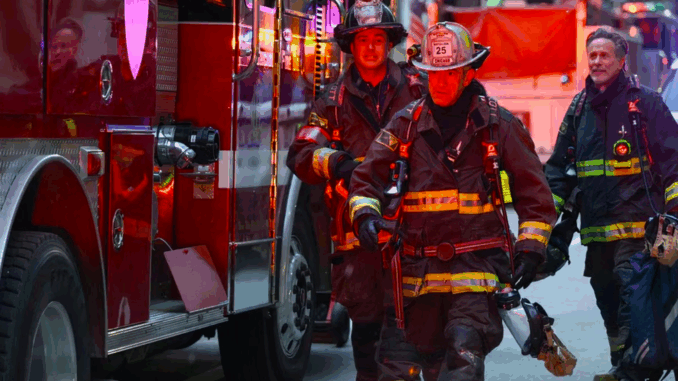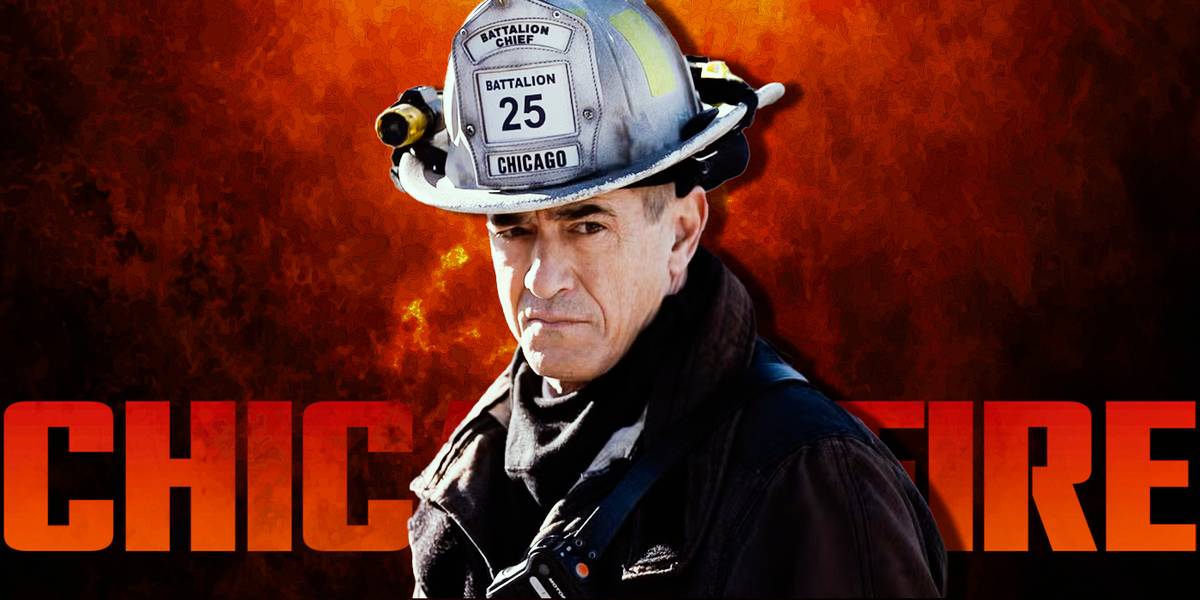
In an era when many TV dramas come and go, Chicago Fire has built something much larger than just a fanbase—it’s built a legacy. Week after week, millions tune in for the action, the camaraderie, the heartbreak. But far beyond the scripted scenes and studio sets, this show is leaving a profound mark in the real world: it’s inspiring people to step forward and serve.
When Fiction Sparks a Calling
For over a decade, Chicago Fire has shown the daily grind, danger, and humanity of being a first responder. It doesn’t glamorize the job—but it honors it. And that matters.
Fire departments across the U.S. have quietly seen a pattern since the show debuted in 2012. New applicants, particularly younger recruits and women, often cite Chicago Fire as part of what drew them to the profession. Whether they were struck by the tenacity of Stella Kidd or the empathy of Sylvie Brett, something in these characters connected with a deeper desire: to make a difference.
Some shows offer escape. Chicago Fire offers something rarer—a mirror for those who already feel the pull to serve.
Representation as Recruitment

For too long, firefighting was portrayed as a man’s job, white and rugged. But Firehouse 51 looks different. It reflects a city, not a stereotype. Black, Latino, Asian, and queer characters share the screen not as side notes but as equals—brave, skilled, and real. The visibility of these identities matters. Seeing Darren Ritter as an openly gay Black firefighter isn’t just powerful—it’s historic.
In cities where trust between institutions and communities is frayed, this kind of representation can rebuild something quietly profound: belief.
When people see themselves in the uniform, they begin to believe they belong in it.
A Quiet Influence
Many firefighters and paramedics have taken to social media to share their journey—from viewers to professionals. One woman in her 30s, now a certified EMT, credited the show for helping her “see the humanity in the chaos.” Another recruit from Houston said Violet Mikami’s confidence inspired her to believe she had what it took.
No marketing campaign could buy that kind of influence. And Chicago Fire never set out to be a recruitment tool. But by portraying the job honestly—with its fear, triumph, trauma, and purpose—it became one.
Fiction, But Never Far From Truth
The show’s consultants include real firefighters. Many scenes are inspired by true calls. And while it adds drama, the bones of the story—the teamwork, the moral dilemmas, the scars—are all too real.
That authenticity creates a feedback loop. First responders see themselves reflected accurately. Viewers absorb the truth of service. And somewhere, someone decides to answer that call.
It may be fiction. But the lives it has touched—and the careers it has launched—are very real.